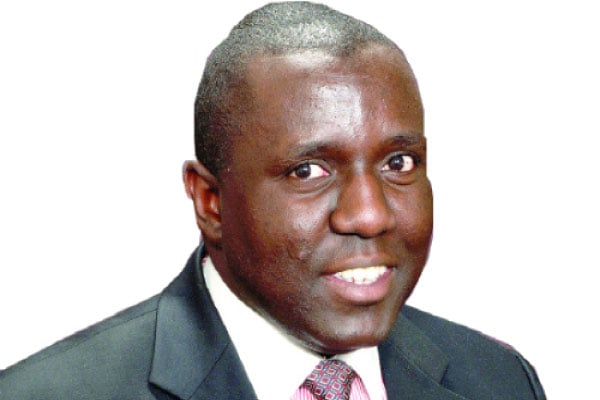Hamas vs Israel: Military might brought to fore after decades of complacency

Author: Mr Karoli Ssemogerere is an Attorney-at-Law and an Advocate.
The politics in the Middle East is back to centre stage on the global map. At its centre is the existence and expansion of the Jewish State on the one hand and the inevitable demographics of Palestinians who occupy the West Bank and Gaza but are also the largest sub-group in Jordan. The bigger picture is the stability of the Middle East, the home of three of the world’s major religions, Christianity, Islam and Judaism which share the same history, share similar beliefs, i.e. belief in one God and are unitary in structure with a strong emphasis on hierarchy, dogma and tradition.
The founding of Israel in 1947 was to settle a centuries old problem, the expulsion of Jews from their homeland by the Arabs by reclaiming part of Jerusalem, Judea and Samaria.
Sentiments for the return of the Zionist state were exacerbated by the Holocaust (the indiscriminate elimination of Jews by Hitler using populism and jingoism to establish himself first politically and later on to annihilate his neighbours in the second world war). Arab countries resisted this development championed by World Jewry and Western powers which have been the economic and intellectual home of the world Jewish population for decades.
A number of wars have broken out in the Middle East with the sole purpose of deleting the Jewish state.
The historical ones are 1948, 1956, 1967 and 1973 all of which ended in Israel gaining more territory and leverage over her neighbours. Internally these developments have only been eclipsed by numerous UN resolutions mostly vetoed by the United States where persons of Jewish descent play an outsize influence in the country’s political and social economic life. In fact, this encore is the intellectual centre of Western capitalism as we know it.
Fast forward to 2021, after a number of peace agreements, detentes’ etc., with Israel in like terms feared or respected establishing itself as a paragon of technology, military hardware, industry etc. and enjoying a special status as a US ally in the unpredictable Middle East (Israel for years has enjoyed a lion’s share of US foreign aid) the militant Hamas are trying to reclaim territory the moderate Palestinian establishment have lost since the death of Yassir Arafat.
Militant Hamas is both an ideological but also a demographic reaction counting on the fact that Arabs in the future may present a fait accompli to the Jewish state. For all its military advantages, Israel is surrounded by oil money and a fragile pact with big neighbour Egypt and to a lesser extent Syria. The other oil kingdoms tolerate Israel but look at militants like Hamas as another potential trigger for upheaval.
It is possible Israel could carpet bomb Gaza into submission. The old secrets of electronic intelligence translated into warfare are now on display. Israel has deployed the Iron dome, a missile defence system, to intercept rockets fired by Hamas and launched a deadly counterpunch. Beneath the surface, Hamas has also displayed a tenacity with good funding from Israel’s neighbours who sanction them during the day but are driven by local realpolitik to support them at night.
After the Gulf War and push to oust Saddam Hussein and go after the Taliban in Afghanistan, the world is less mentally and economically ready for major conflict. Actually the politico-military complex at the helm of most Western countries and Russia has seen management rather than growth of its size. The US Pentagon budget has stabilised at $700 billion in the last five years but America has discovered, it needs to do more to shore its human resource and declining workforce participation rate.
Britain faced decades of hand wringing after the second world war until Margaret Thatcher rose to power accusing the establishment of managing Britain’s steady decline after the loss of her colonies.
Post coronavirus pandemic, many of these geo-strategic issues may mean less as the centre of gravity dissembles into multiple (bilateral) centres.
Of course the humanitarian issues remain, no justification exists for the loss of human life.
At the same time, it’s difficult for Israel to maintain a legal framework that subjugates Arabs within its borders to second class status; or wishes the Palestinian problem away. An independent Palestine should exist alongside Israel to bring this baffling extreme of identity politics to an end.
Mr Ssemogerere is an Attorney-At-Law and an Advocate.




